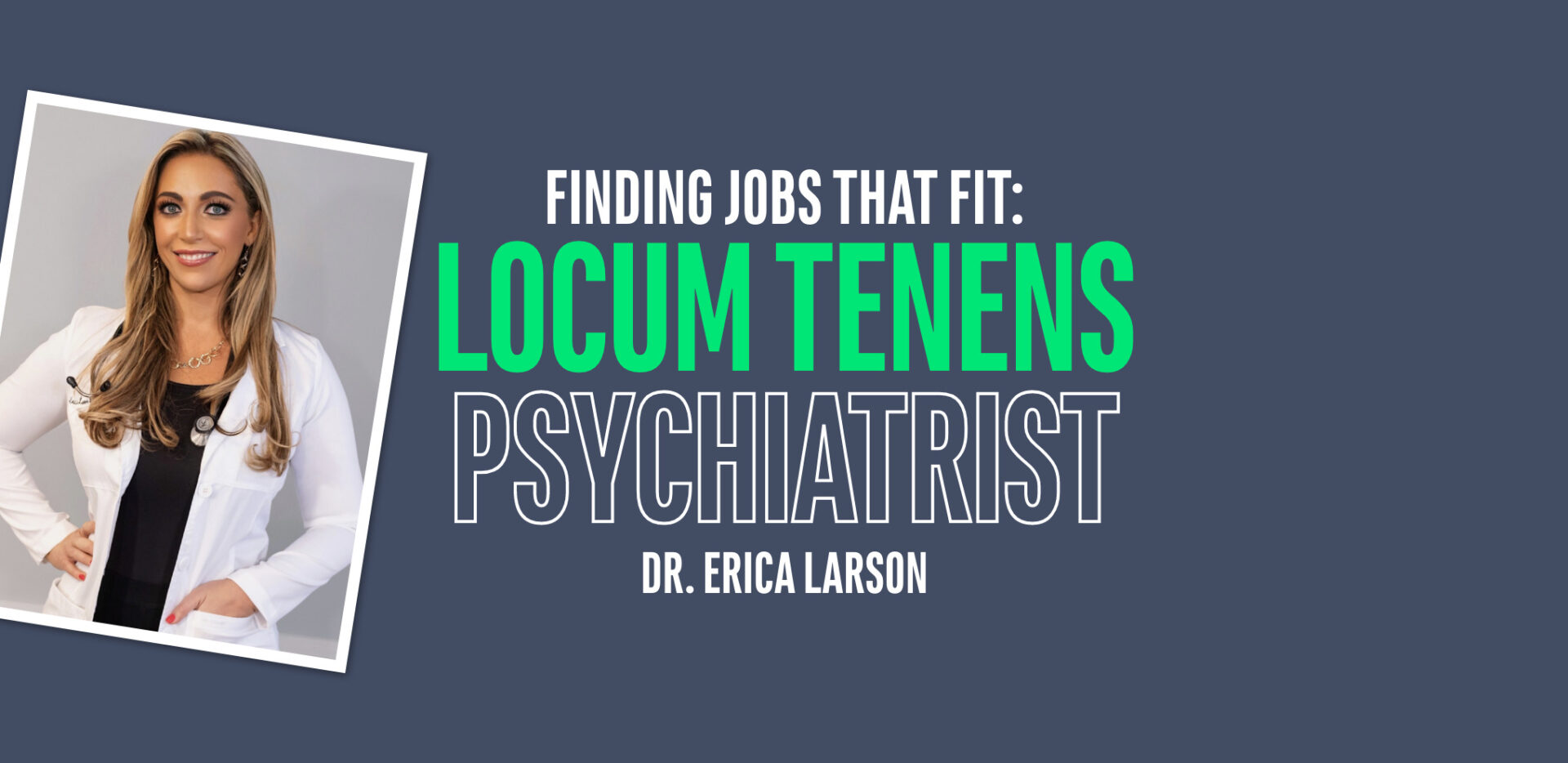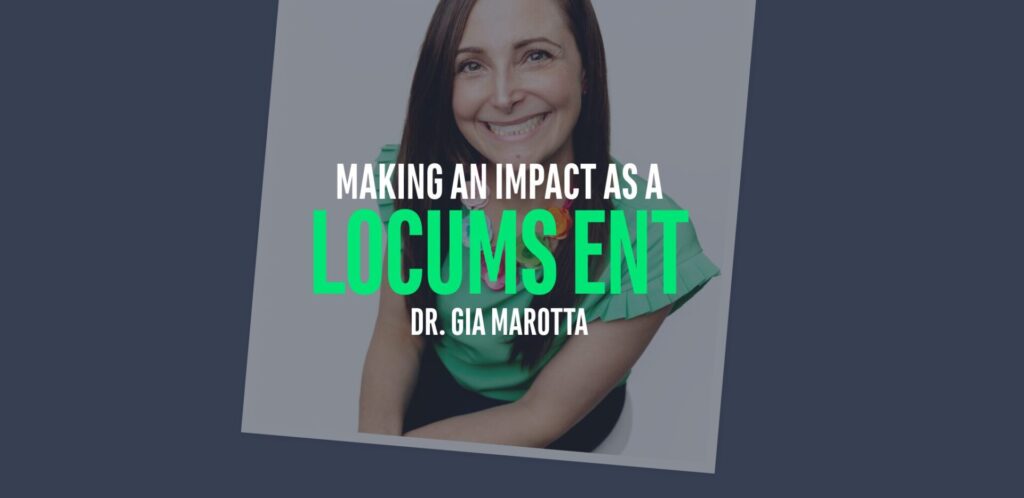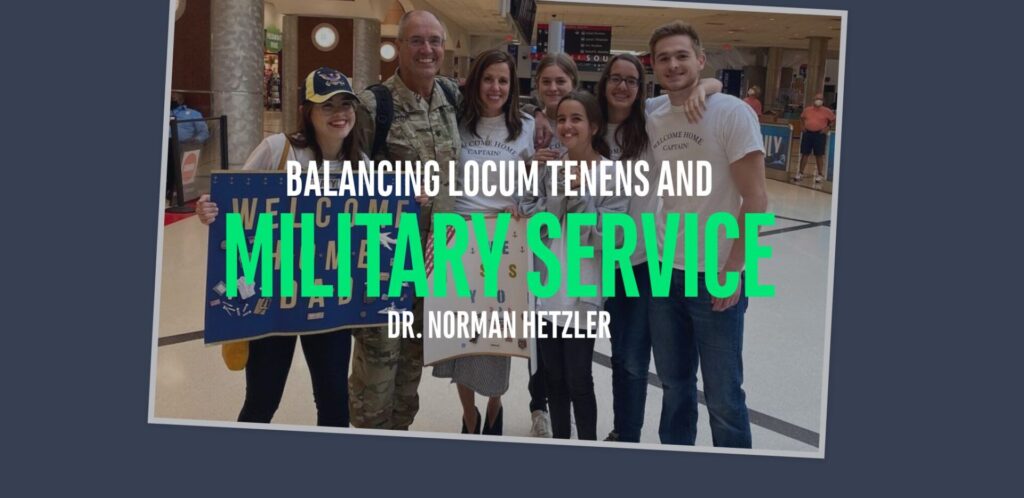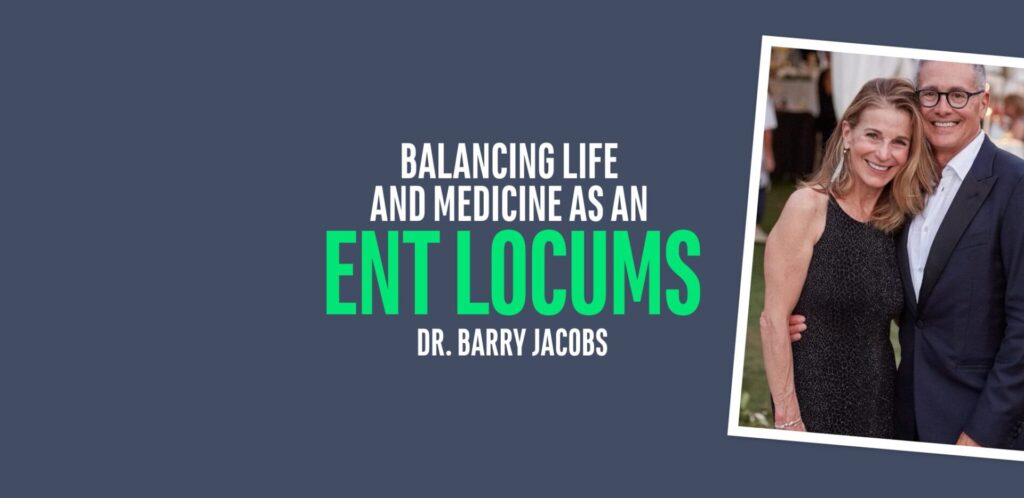For many psychiatrists, the major career options are working long hours in a clinic or inpatient setting, or going into private practice. But there are other options: as a locum tenens psychiatrist, you can find jobs that fit your lifestyle, instead of building your lifestyle around your work.
Dr. Erica Larson is a great example. After spending most of her career practicing in an outpatient clinic, she decided to expand her horizons by becoming a locum tenens psychiatrist. We sat down with Dr. Larson to talk about how locums allowed her the flexibility to find jobs that suit her schedule, while still giving her the time to dedicate to her own holistic private practice.
Here’s what she had to say:
Can you tell us a little bit about what led you to medicine, and psychiatry in particular?
I always knew I wanted to do medicine. I had exposure to hospital systems through my dad, who worked in a hospital in their IT department, so I knew from a young age that I wanted to be a physician.
Once I was accepted into medical school, I realized that I really enjoyed talking with patients––listening to them, learning about them, hearing their stories. That was a big part of choosing psychiatry––I wanted to help patients to heal and reduce their suffering with human connection.
I did a couple of other rotations as a medical student, and I realized there’s no way I could go my whole career without seeing kids––that was super important to me, and it’s how I bring laughter and joy into my everyday experience. So I decided I wanted to go into Child and Adolescent Psychiatry.
What factors went into the decision to pursue locums?
I decided to go the locums route because I needed something with more flexibility. I wanted more autonomy to make choices going forward with my career: how long I wanted to stay in a position, what days of the week I wanted to practice, the amount of time I wanted to invest, even the types of positions that I wanted to explore.
I was at a point in my career where I had done one thing––outpatient work in Child and Adolescent Psychiatry––and I felt like locums would be an opportunity for me to explore inpatient, or other options.
The compensation was better than what I was getting before as well, so that factored into my decision to give locums a try.
Did you have any concerns about taking on locum tenens psychiatrist jobs, and if so, how did your consultant help you address them?
Most of my concerns had to do with whether it was going to be a fit for me: what if I don’t like the position or I find out that it’s not what I want?
Hearing about all the opportunities [for locum tenen psychiatrist jobs], and going through them with my consultant, Ethan, was really important. There are a lot of different positions and options to explore, so just talking with him about what those might look like helped a lot. All of my concerns were eased, and I was lucky enough that Ethan was able to find me a position that’s a really good fit.
Ethan also spent a lot of time figuring out what I enjoy and what I wanted to avoid, so that was really helpful. I didn’t want to feel overloaded or overworked. I didn’t want to go into a position where I had a patient every ten minutes, where I felt like they were just using me to fill patient slots. Also, while I was open to adult psychiatry, child and adolescent psychiatry was really where I felt most comfortable.
Ethan did a great job advocating for me in the position, figuring out the answers to questions like what my schedule would look like, and whether the compensation and time off were in line with what I wanted. He did a great job listening to my specifications and then working with [the facility] to accommodate them. It was such a load off having him negotiate on my half, instead of having to do that myself. I just tell him what I want, and he goes to work for me.
What is it like practicing as a locums tenens psychiatrist vs. as a full-time employee?
I was an employed physician before, and there are definitely some benefits, like consistency, but there are a lot of restrictions, too. You’re locked into a contract, so you’re not necessarily going to be able to try things out and then go with a different option if you don’t like it. It’s difficult to take a break, or work a schedule that’s less intense.
The positive thing about locums is you’re not tied into a two-year contract. You have the ability to say hey, this isn’t for me. And it’s compensated better than maybe other positions are.
I’ve talked with other physicians that are looking at locums, and I think that right out of residency or fellowship, it can be a little bit more scary. But it really does give you a good opportunity to try out positions, and figure out what you do and don’t like. And then if you really love a position, you can always decide that this is where you want to be, [and see if it’s possible to stay on a permanent basis].
For me, that flexibility was really the key to why locums works so much better for me compared to an employee position.
What are some of the benefits of practicing locums to your lifestyle and practice?
I also have a private practice, so I wanted something that would allow me to do both. I was able to find a position for two weeks out of the month so I can dedicate a chunk of time to locums to have that consistent income, and spend the other time doing private practice.
That schedule works really well for me. But the thing with locums is, there’s always an option to try another position, or a different schedule that’s three days a week. Whatever is important to you as a physician, there are usually options out there for that. With locums, you have the ability to find a position that fits you, rather than fitting into a position.
In your private practice, you focus on a more holistic approach to mental health. Can you talk more about that?
I really do believe that when I treat patients, I’m treating the whole person. So I incorporate all aspects of a person’s life when it comes to wellness: nutrition, physical activity, sleep, spirituality, relationships, even their financial health, and much more than that.
I believe that we also have a variety of treatment options: there are obviously traditional medications and treatments, and then non-traditional treatments or alternative therapies that we can add in. I think there’s a place for everything. It’s about offering choice, guiding patients and partnering with them on that wellness journey. That’s my philosophy when it comes to treatment and medicine.
What advice would you give to other psychiatrists considering locums?
I would definitely say just try it and see if it’s a fit. If you’re looking for more autonomy and freedom, or just trying to find out what position might be a good fit without a long-term commitment, locums is a fantastic way to explore those things and find something that will fit into your life.
I would recommend talking to a consultant, listening to what they have to say, and let them show you the opportunities available and see if that’s something you want to explore. I know I wasn’t disappointed.
*This interview has been edited for clarity and length.



